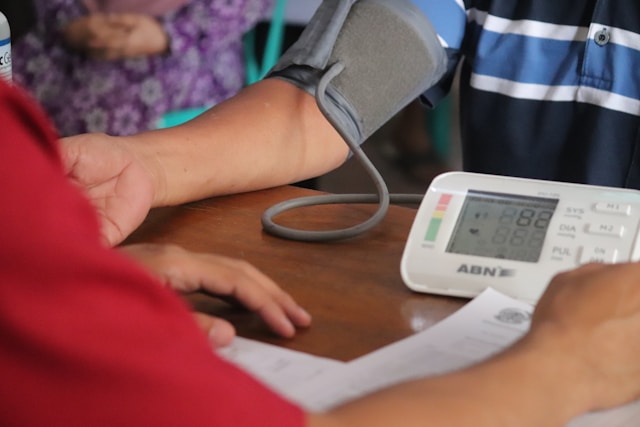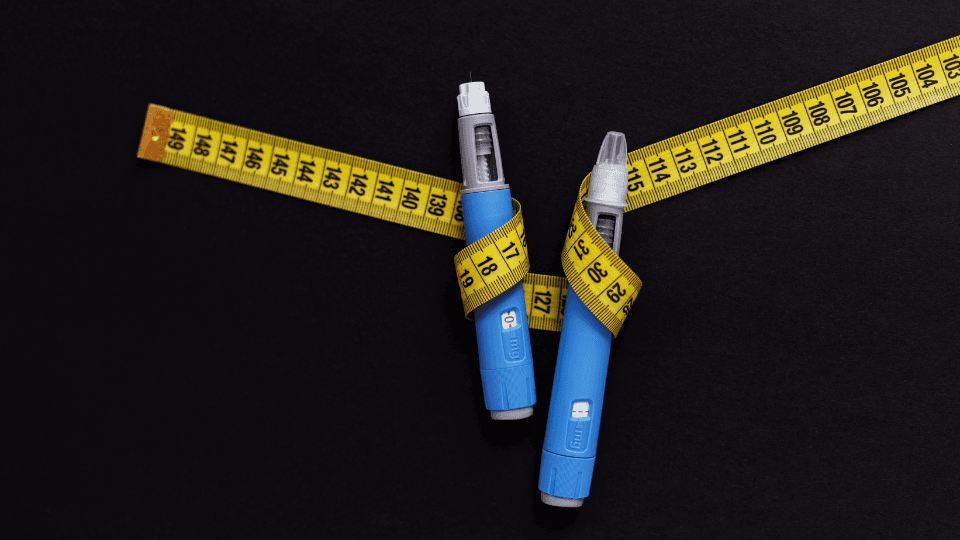Back
06 Mar 2024
Calories: what they don’t tell you on the nutrition label

Gabriella Florence | Sports Scientist
The ins and outs
While regular exercise is one of the best ways to maintain a healthy weight, your eating habits are even more critical. Let me explain:
You’ve probably heard and used the term calories, but do you know what it actually means? A calorie is a unit of energy that describes the amount of heat required to raise the temperature of 1 kg of water by 1° C - calories are not elves that hide in your cupboard and tighten your clothing.
Losing, gaining, and maintaining weight in the long-term is largely determined by your calorie balance, the amount of calories you use in a day minus the number of calories you consume.
Being in a calorie deficit for a period of time means you will probably lose weight. Conversely, being in a calorie surplus means you’ll probably gain a little weight.
Why are calories important?
Everything you eat and drink, except water, contains calories.
Calories provide the cells in your body with energy to perform their specific tasks, ranging from the growth of new cells and repair of damaged ones to supporting your everyday activities. Different organs burn calories at different rates, depending on their job at the time. That’s why exercise burns calories; your muscles and heart need more energy to meet the challenge. Did you know that your brain alone uses 20% of this energy to keep you going every day?
Even at rest, we burn around 45 calories per hour just to power our bodily functions and keep warm. This is our basal metabolic rate, and it depends on a host of factors like mass, height, age, hormonal status, and activity level.
How many calories should you consume per day?
This depends on many factors, like your activity level, height, age, gender, how efficiently you use the energy, and whether your goal is weight loss, gain, or maintenance. However, most healthy adults need between 1 800 and 3 000 calories per day for maintenance. Study these guidelines for more detailed numbers, but please also consult with a dietician or physician if you have specific needs and goals.
So, it’s just about calories then?
No, not exactly. While all foods and drinks contain calories (let’s exclude non-nutritive sweeteners for now), not all calories are created equal. Much of the food we find in the grocery aisles is filled with so-called “empty calories”. Because these products are devoid of micronutrients and vitamins, they provide no nutritional value outside of the energy they release. Think energy drinks, sweets, alcohol, and donuts. By choosing whole, unprocessed foods, we can be sure that we are meeting both our calorie and micronutrient requirements.
The macronutrient distribution of your calorie intake matters too. Broadly, our calories come from carbohydrates, fats, and proteins. If the goal is to build muscle, then getting enough calories from protein-rich sources is essential. Someone preparing for an ultra-endurance event, however, would be better off prioritising fats and carbohydrates.
I ate more than usual and the number on the scale increased.
Have you ever felt like you gained weight overnight? First, you’re not alone. Second, this is highly unlikely (and almost impossible). It is entirely normal to see small fluctuations in weight from day to day. In order to gain 1 kg of fat, you would need to consume an additional 7 000 calories on top of your minimum maintenance calorie budget. To put it into perspective, this equates to 10 000 calories, or 20 Big Macs, 30 potatoes, AND 40 apples. Got what it takes? Probably not.
You may see calories as the sneaky clothes-tightening creatures hiding away in your closet, but they’re also your best source of fuel. Choose which ones you consume carefully, and you may even become friends.












